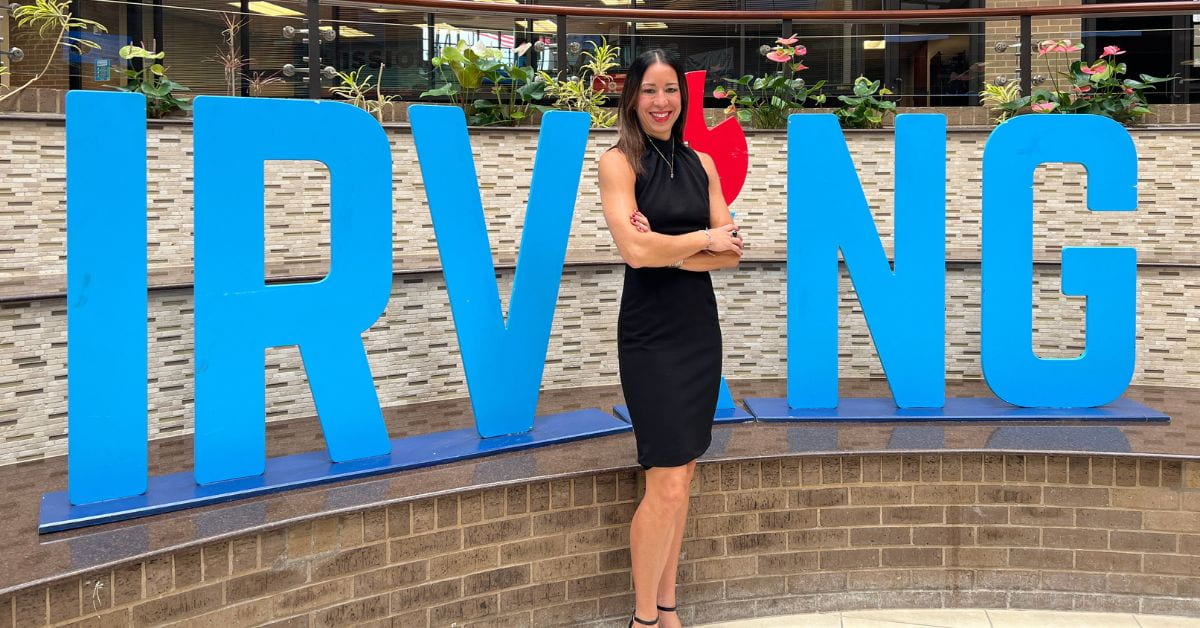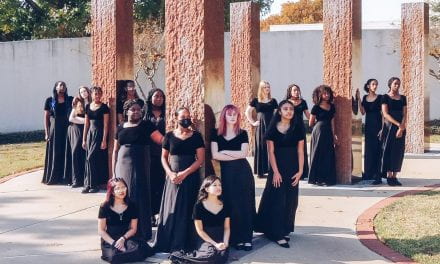For Ivelisse Santiago-Camacho, the importance of education was instilled in her early on as a child growing up in San Juan, Puerto Rico. To no surprise, she ended up pursuing a career in the education field, serving in various capacities over her 25-year career. Santiago-Camacho is currently serving her sixth year as a Bilingual/ESL (English as a second language) Title III Instructional Coach in Irving ISD and says her role is one that is truly gratifying and meaningful. She has a passion for supporting English learners because she, too, was an English learner.
“Growing up, in my house, it was a requirement to go to college. But at the time, I didn’t know what I wanted to do, so I initially majored in general studies,” says Santiago-Camacho. “My mom saw that I was good with children and encouraged me to study teaching.”
After earning her bachelor’s degree in early childhood education, she went on to teach preschool and kindergarten, but quickly realized that she wanted to educate children a bit older, specifically in English since this was a subject she enjoyed teaching. Santiago-Camacho went on to earn her master’s degree in TESOL (Teaching English to Speakers of Other Languages).
“Everything fits perfectly with my current role in the bilingual department. All of my experiences helped me get to this point,” adds Santiago-Camacho.
Approximately 46 percent of Irving ISD students are English language learners. Making sure that these students are provided with proper support to succeed is imperative, and the Bilingual, ESL and Language Services department does just that. Once a student enrolls in the district, they are required to take a test that determines their education level. From there, the counselors assist with enrolling students in the proper courses based on their test results. Instructional Coaches, like Santiago-Camacho, come in to support teachers and students to ensure lessons are taught using strategies they suggest.
“English learners cannot be taught the same way as native English speakers. We want the students to feel comfortable, because they are capable of learning – they just need to be provided with the language support they need,” says Santiago-Camacho.
While there are many highlights to her role, Santiago-Camacho says her favorite part about being an Instructional Coach is bonding with students.
“It’s so important to get to know them and hear their stories in order to be a good advocate for the students. We are their voice and we show them all that they have support,” she adds. “My support is their success, and I love knowing everyday that I’m going to help somebody. But none of this could be done without my team. We all work to support this community.”






